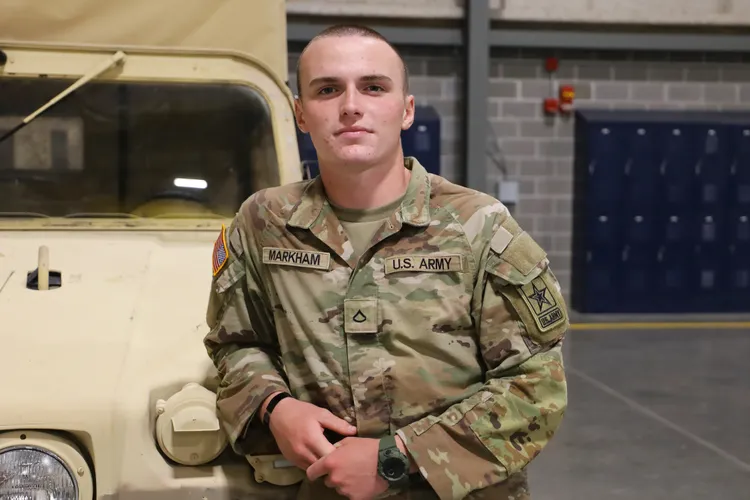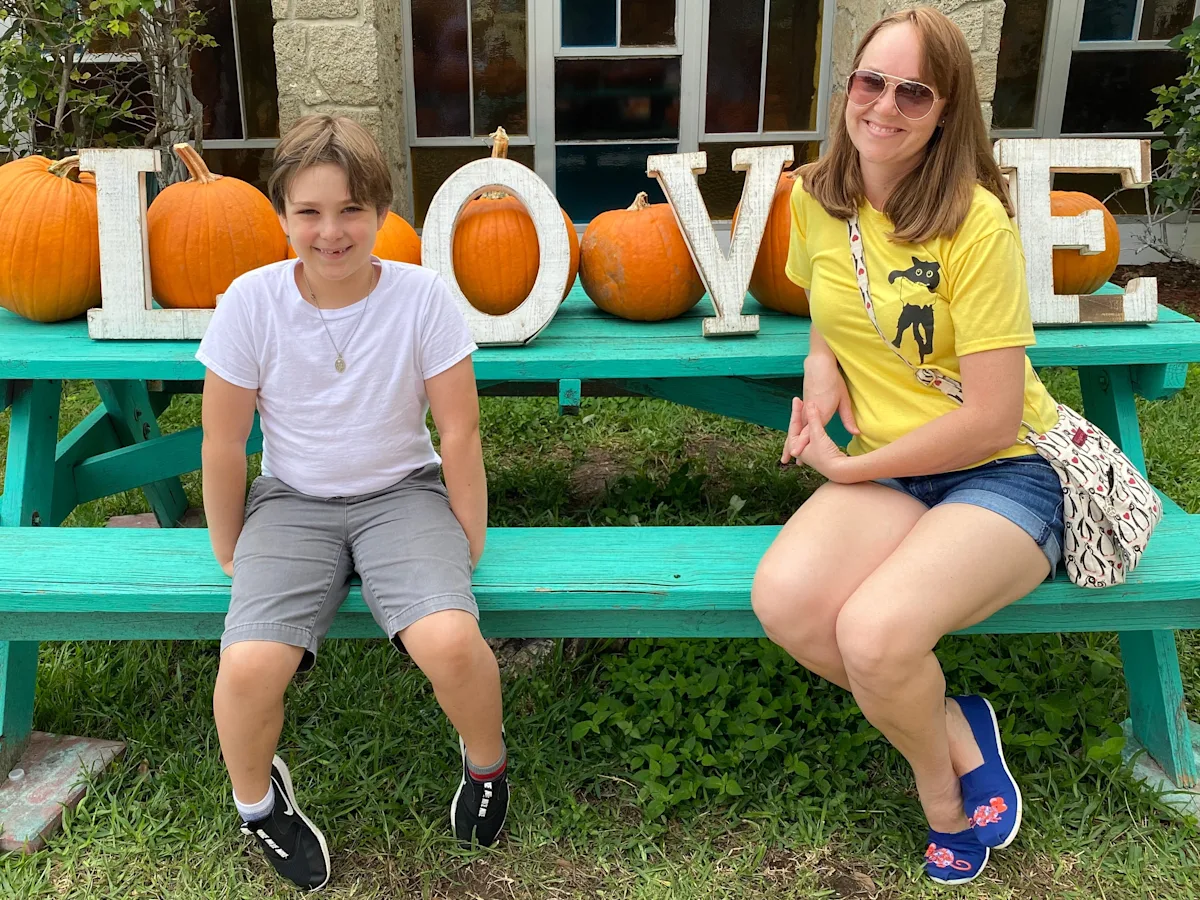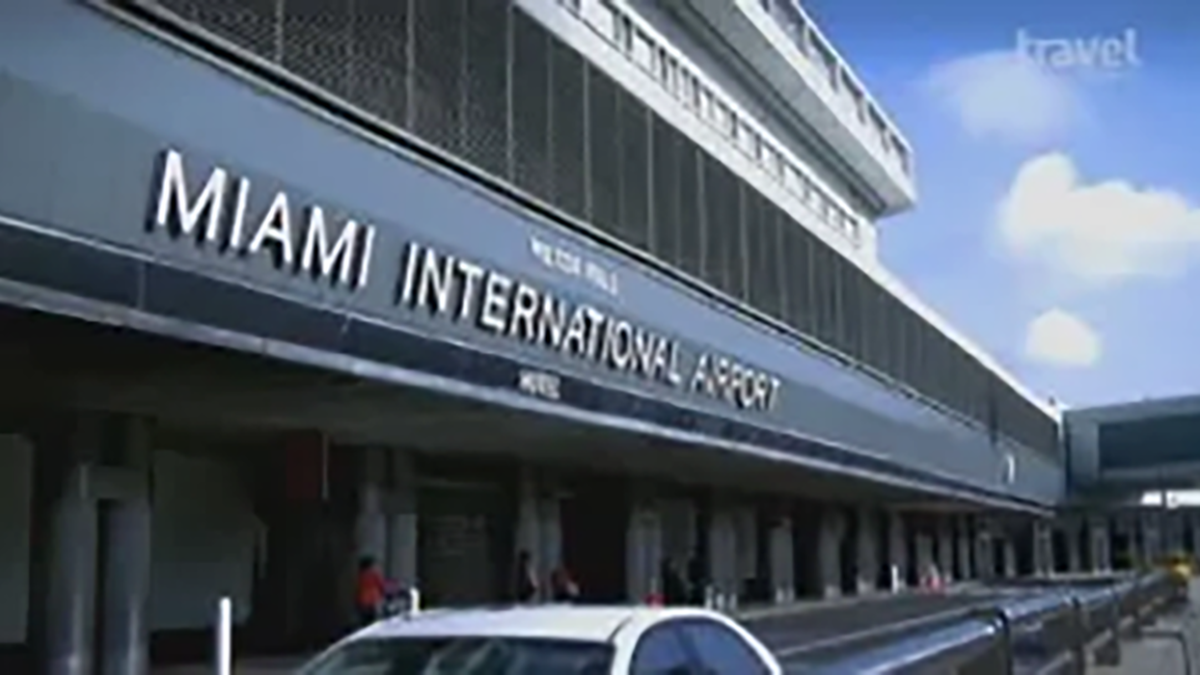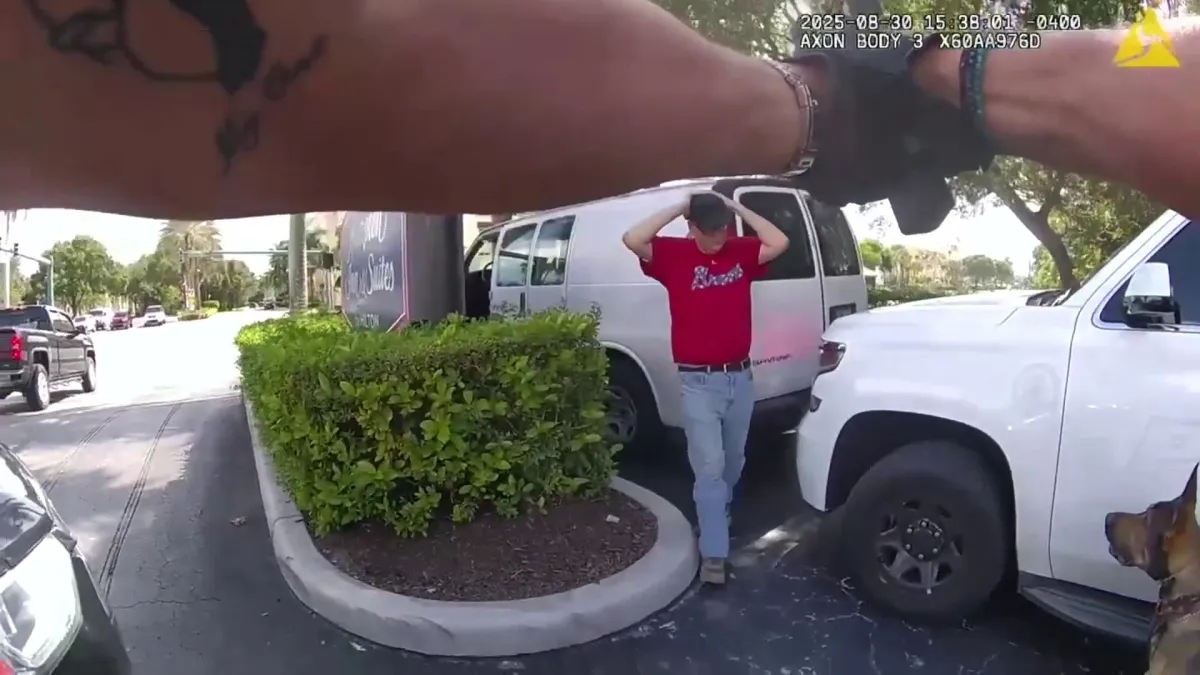When Hurricane Katrina roared into New Orleans in August 2005, it left devastation in its wake, claiming over 1,800 lives and flooding much of the city. Among the chaos, a remarkable rescue unfolded at Lakeland Hospital, where 1,400 frozen embryos, including one that would become Noah Markham, were at risk. Stored in canisters of liquid nitrogen, these embryos were part of fertility treatments for families like the Markhams, who had used in vitro fertilization to welcome their first son, Witt, on August 19, 2004.

As the storm approached, the fertility clinic’s staff acted swiftly, topping off the canisters with liquid nitrogen and moving them to the hospital’s third floor to protect them from floodwaters. But with power outages and temperatures soaring past 100 degrees, the embryos’ survival hung in the balance. On September 11, 2005, a rescue team, approved by then-Governor Kathleen Blanco, retrieved the canisters, ensuring the embryos remained viable. This heroic effort, led by police officers and state troopers, saved the hopes of countless families, including Noah’s.
A Birth Born of Resilience
Two years after the rescue, on January 16, 2007, Noah Markham was born, named after the Biblical figure whose ark symbolized salvation. His parents, Glen and Rebekah Markham, had endured the harrowing days of Katrina—Glen, a New Orleans police officer, stayed to serve, while Rebekah evacuated with toddler Witt. The birth was a media sensation, with news crews surrounding the family as they left the hospital, eager to capture the story of a “miracle” baby who survived a natural disaster before he was even born.
Noah’s arrival was a beacon of hope amid the lingering pain of Katrina’s aftermath. His embryo, one of five stored at the clinic, had been safeguarded through extraordinary measures. “It was all good news from something that was a lot of bad news,” Noah recalls his mother saying, reflecting on the joy his birth brought to a city still healing.
The Unique Bond of “Twins”
Noah’s story carries an unusual twist: he considers his older brother, Witt, his “twin,” despite their three-year age gap. Both were part of the same set of embryos created through in vitro fertilization, a fact that makes their bond uniquely profound. “That’s the hardest thing to explain to people,” Noah says, noting the disbelief he often encounters. “I’ve been on this earth for more than 21 years—but technically, I’ve only been born for 18.”
This unconventional sibling connection has shaped their lives, culminating in their shared decision to serve in the U.S. Army. Witt, now 21, and Noah, 18, are both stationed at Fort Polk, Louisiana, a base close to their home state. Their choice to follow in the military footsteps of their father and grandfathers reflects a deep sense of duty, forged in part by the extraordinary circumstances of Noah’s survival.
From High School to Army Ranks
Noah’s path to the military began with his graduation from Covington High School in spring 2025. On May 28, he entered basic training at Fort Jackson, South Carolina, before advancing to Fort Lee, Virginia, where he is studying to become a mechanic. His training is set to conclude in December 2025, after which he’ll join Witt at Fort Polk. The brothers’ shared service is a source of pride, with Noah expressing excitement about serving in his home state, despite its history of storms.
:max_bytes(150000):strip_icc():focal(999x0:1001x2):format(webp)/Fertility-Institute-of-New-Orleans-566b7829a9a3454481fc290264174d5e.jpg)
Noah’s journey into the Army mirrors his father’s commitment as a New Orleans police officer during Katrina. “I was there, but I wasn’t there at the same time,” Noah says, reflecting on his embryonic presence during the hurricane. His decision to serve is also a nod to the rescuers who saved him, a debt he feels deeply. “The older I get, I definitely think I wouldn’t be here if not for them,” he says. “And I’m very, very thankful to people that saved me.”
A Legacy of Gratitude and Service
The Markham brothers’ story is one of gratitude woven into action. Noah’s survival, made possible by the bravery of first responders, has inspired his commitment to serve others through the military. Witt, too, carries this legacy, their shared service a testament to the resilience instilled by their family’s experience. Glen Markham, reflecting on the embryo rescue, told reporters that the best-case scenario at the time was that the embryos could remain frozen for weeks—an outcome that, against all odds, came to fruition.
The brothers’ story resonates beyond their family, touching on themes of survival, community, and the enduring impact of acts of courage. In a state still scarred by Katrina, Noah and Witt’s service at Fort Polk symbolizes a full-circle moment, connecting their past to their future. Noah, in particular, plans to remain in Louisiana, undeterred by his precarious start. “Property and items are replaceable,” he says, a perspective shaped by the storm that nearly claimed him.
A Community’s Lasting Impact
Noah’s life is a living tribute to the collective efforts of those who acted during Katrina’s darkest days. From the fertility clinic staff who safeguarded the embryos to the rescue team that braved floodwaters, their actions ripple through time, evident in Noah’s and Witt’s contributions today. The story also prompts reflection on the fragility and strength of life, particularly for families navigating the challenges of in vitro fertilization.
As Noah and Witt serve side by side, their journey invites communities to honor the unsung heroes who make such stories possible. It’s a reminder to support first responders, advocate for disaster preparedness, and cherish the bonds that endure through adversity. For those moved by Noah’s story, it’s a call to recognize the power of collective action—whether in a crisis or in everyday acts of service.




